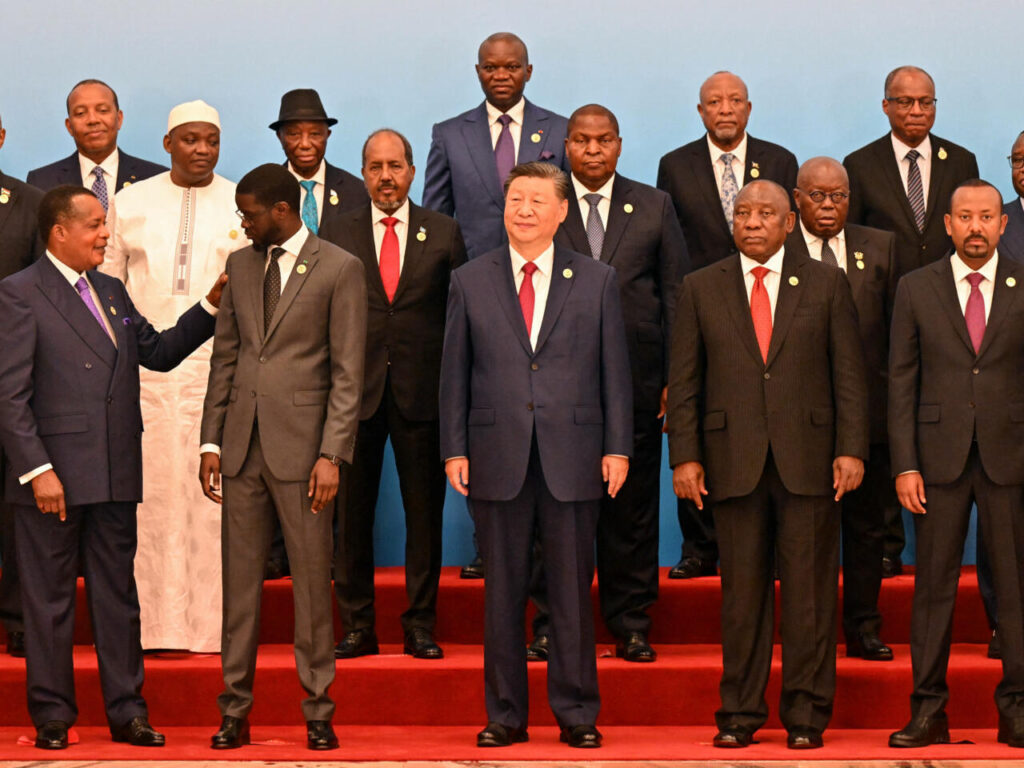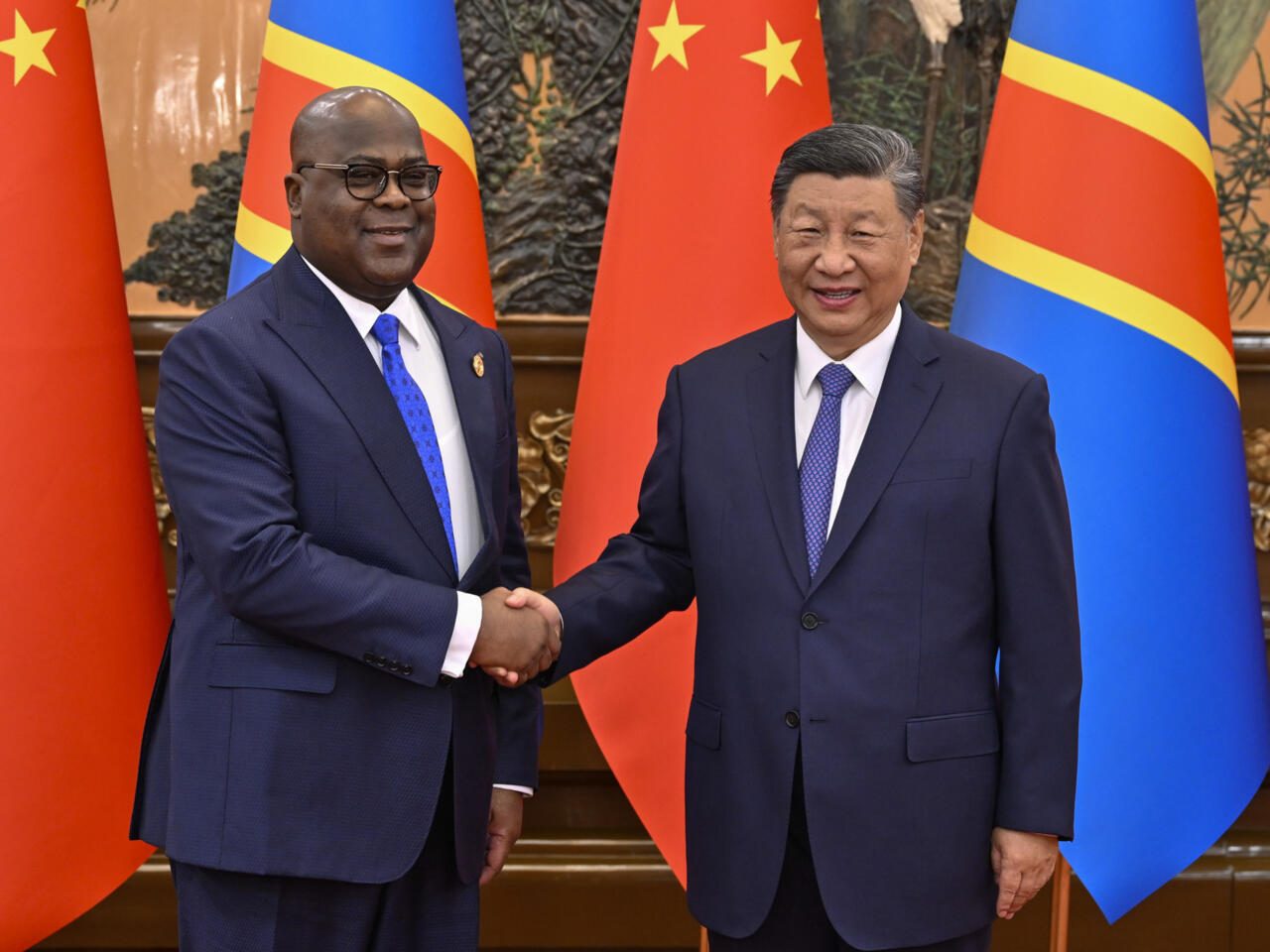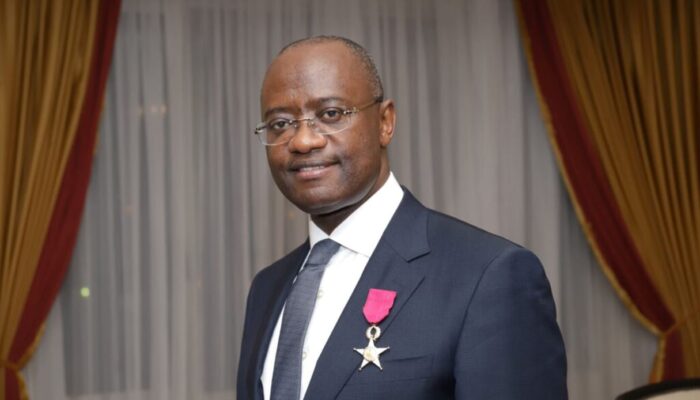Africa is no longer just a development partner or emerging market—it has become a strategic battleground for global influence. China is moving beyond its traditional economic diplomacy to include military support and deeper institutional integration. Meanwhile, Russia is expanding its security partnerships across fragile states. In this new global chessboard, the United States is working to protect its longstanding interests. The stakes are high, especially in Central Africa and the CEMAC region.
China’s engagement with Africa has long been framed around trade, infrastructure, and development cooperation. But in recent years, Beijing has widened its playbook. While remaining Africa’s largest trading partner—with over $282 billion in trade in 2023—China is now blending its economic weight with military logistics, cultural influence, and strategic communications. From naval facilities in Djibouti to telecom investments via Huawei and ZTE, China is laying the foundations of a long-term multipolar presence.
This expansion includes the establishment of Confucius Institutes, media partnerships with local outlets, and increasing support for regional digital infrastructure. What began as economic statecraft has grown into a comprehensive presence across political, military, and technological dimensions.
As one security analyst in Addis Ababa recently noted: “Africa is now the testing ground for an alternative world order—one shaped by sovereignty, state-led development, and non-Western values.”
Russia, meanwhile, is asserting itself through security cooperation and direct engagement with governments seeking alternatives to traditional Western partnerships. In countries such as the Central African Republic, Mali, and Burkina Faso, Moscow has built close relationships with state leadership, offering military support, training, and defense coordination.

This assistance often comes in exchange for strategic access to natural resources such as gold, diamonds, and uranium—cementing Russia’s presence through a transactional yet stabilizing model. Unlike China’s institutional investment, Russia’s footprint is leaner and built on security-driven diplomacy.
In 2024, Russia had formal defense or security agreements with 11 African countries, compared to just three in 2015. This represents a significant pivot in Africa’s geopolitical landscape, particularly in areas where state fragility creates openings for non-traditional actors.
The United States, in contrast, remains a key development and security partner, investing over $7 billion annually in African assistance. But Washington is increasingly aware that infrastructure aid and goodwill diplomacy are no longer enough to match the speed and scope of Chinese or Russian engagement. Despite high-profile summits—like the U.S.-Africa Leaders Summit of 2022—many African nations are leaning toward pragmatic, multi-vector partnerships that deliver results more quickly.
This growing competition is especially visible in Central Africa and the CEMAC zone, comprising Cameroon, Congo, Gabon, Equatorial Guinea, Chad, and the Central African Republic. These countries are now at the crossroads of competing agendas:
- The Central African Republic has developed deep ties with Russia for military support.
- Cameroon and Gabon, historically aligned with France and the West, are now targets for expanded Chinese investment.
- Major infrastructure projects—including ports, energy plants, railways, and digital networks—increasingly involve Chinese state-owned firms.
Meanwhile, local populations—particularly youth—are paying close attention to this shifting balance of power. On social media and in public discourse, calls for more independent African agency are growing. Many citizens now view these partnerships not just through the lens of geopolitics, but also through their direct impact on job creation, security, and technological access.
Africa is no longer a passive recipient of foreign influence. It is becoming a decisive arena in the recalibration of global power. The continent’s growing role comes with both leverage and risk. The challenge for African governments is to preserve strategic autonomy while capitalizing on global interest in their markets and resources.
That means building stronger institutional capacity, investing in digital sovereignty, diversifying economic partnerships, and establishing clear national priorities in an increasingly crowded diplomatic space.
As a senior policy adviser in Yaoundé put it: “Africa must stop choosing sides. Instead, it must start choosing its terms.”
The future of Africa’s geopolitical posture will not be defined by loyalty to one bloc or another, but by the ability to negotiate from a position of strength—and to rewrite the rules of engagement on its own terms.






